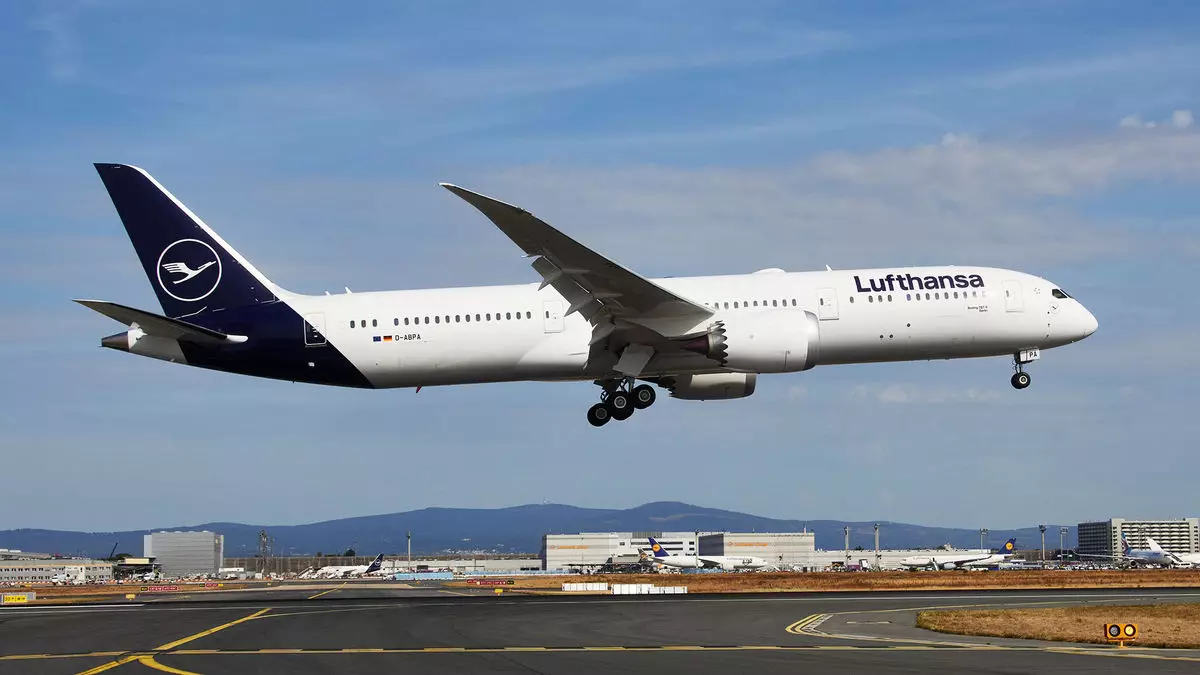In a recent enforcement action, the U.S. Department of Transportation (DOT) has taken a significant stand against Lufthansa and its affiliate airline Swiss for breaching regulations pertaining to codeshare flights over restricted airspace in Baghdad, Iraq. The imposing fines of $220,000 for Lufthansa and $200,000 for Swiss highlight the DOT’s commitment to enforcing Federal Aviation Administration (FAA) regulations, which are designed to ensure the safety of air travel in complex airspace scenarios.
These financial penalties are particularly notable as they signal the government’s resolve in maintaining high safety standards for international flights operating codeshare agreements with U.S. airlines. Reflecting on this action, one must observe the broader implications for international air travel and the strict adherence required by all carriers—not only U.S. carriers, but also foreign partners that operate in U.S. aviation markets.
The background of this situation is rooted in an FAA regulation, last extended in October 2020, which categorically prohibits any aircraft flying below 32,000 feet in certain airspace sectors over Baghdad. This rule is crucial because it is implemented to mitigate potential risks posed by conflicts in the region and poor air traffic management, which could jeopardize passenger safety.
What stands out is that this restriction extends beyond U.S.-registered carriers to include any foreign airline operating codeshare flights. As a result, Lufthansa and Swiss, despite their claims of adhering to flight plans designed to meet the regulatory threshold, fell short due to their inability to secure necessary approvals from local air traffic control during their operations. It raises an essential question regarding the consistency of air traffic management in conflict zones and its implications for international flight operations.
Both Lufthansa and Swiss have accepted the fines through consent agreements, and significantly, half of these fines will be waived if they do not repeat violations in the following year. This approach appears to serve dual purposes: it maintains an incentive structure to enhance compliance and fosters an environment of accountability in an industry where safety is paramount.
Nevertheless, the situation brings to light a pattern of infractions as the DOT reported that this is not an isolated instance. In fact, this brings the total fines issued to foreign airlines for similar violations to six this year alone. Notably, Emirates, Etihad, and Air Canada have faced hefty penalties for similar infractions, indicating a troubling trend in global aviation compliance.
While the fines imposed on Lufthansa and Swiss emphasize the importance of regulatory compliance in the aviation industry, they also underline the intricacies involved in managing air traffic in politically or militarily sensitive regions. As international air travel continues to recover post-pandemic, maintaining stringent safety regulations will remain critical. Airlines must ensure they are not only aware of the regulations but also adept at navigating the labyrinth of airspace restrictions to maintain safe and reliable service for their passengers. The ongoing monitoring and enforcement by the DOT signal a robust approach to uphold safety standards that will, ultimately, protect travelers and enhance the integrity of the global aviation sector.


Leave a Reply